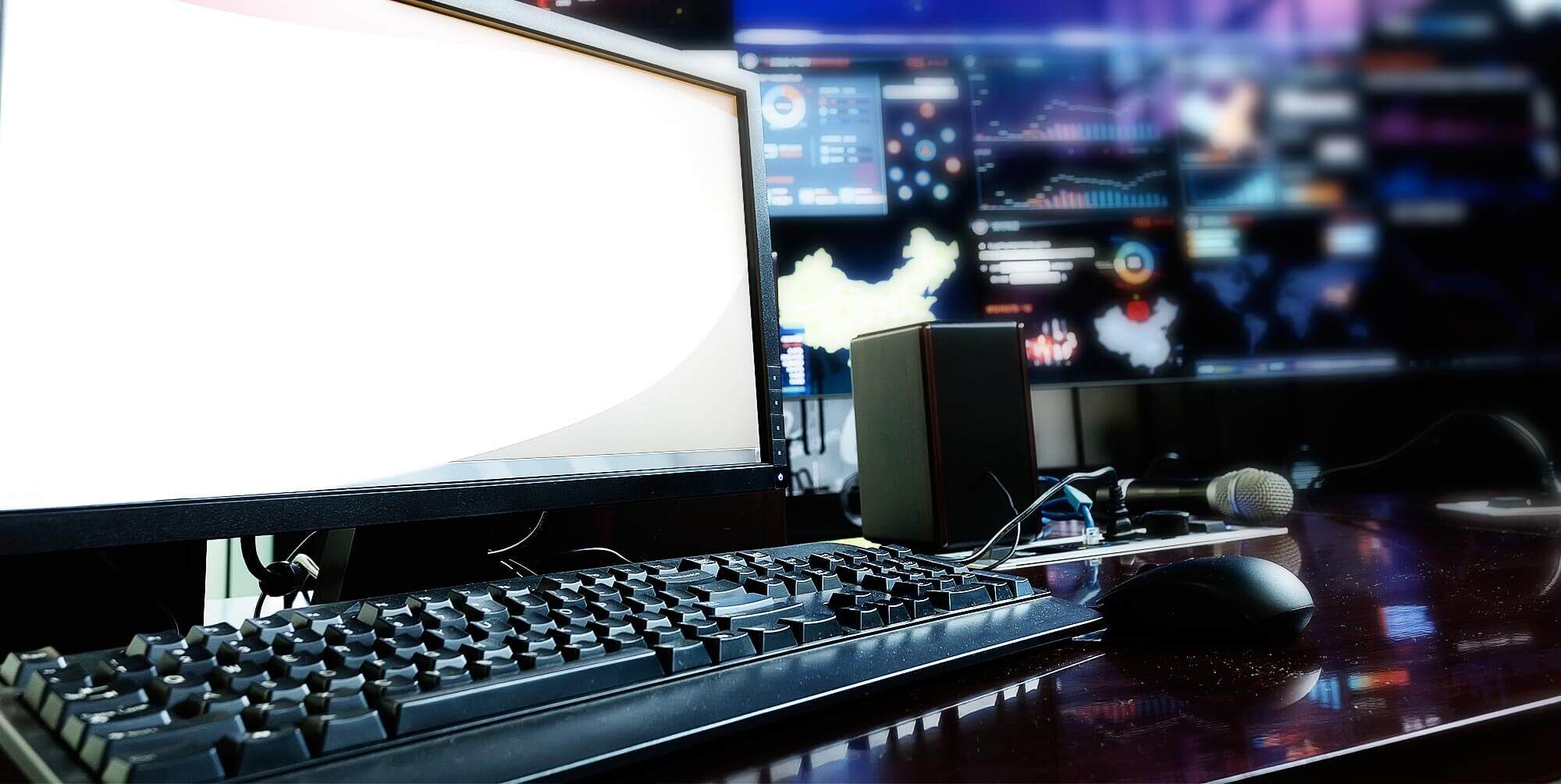August 23, 2016
Disclaimer: SickNotWeak does not provide medical advice, diagnosis or treatment. This content contains explicit and sensitive information that may not be suitable for all ages.
As I pointed out in my last column on paramedics, the emergency medical profession lacks the mystique of law enforcement for fire, but most people are at least aware that the paramedic is the one who drives the ambulance. When someone asks me what my (retired) parents do, and I tell them my dad was a paramedic, and my mom is an ambulance dispatcher, I usually have to explain what an ambulance dispatcher is – and for the record, the ambulance dispatcher is the person you talk to on the phone when you call 911 and ask for an ambulance. In much the same way that paramedics are more than just ambulance drivers, dispatchers are more than just glorified paramedic-secretaries.
“We deal with people for the worst two minutes of their lives,” says Robin Gillies, an Ontario ambulance dispatcher. While paramedics deal with calls face-to-face, dispatchers deal with them at the height of their trauma-induced hysteria. Gillies continues, “by the time the paramedics get there, there‘s an element of coming down. We deal with them from that 911 pickup. We‘re providing them with support and we‘re giving them tools to try and better the situation until the paramedics get there, and we‘re giving them a measure of comfort. That‘s what our job is. Whatever forced them to pick up that phone to dial 911, we‘re the ones who deal with that.” While it may seem like dispatchers aren‘t exposed to trauma to the same degree as paramedics, there are reasons to believe that they are just as susceptible to post-traumatic stress. What puts dispatchers at such a risk is simple: for better or worse, the paramedics leave the scene with the patient in the back of the ambulance, but the dispatcher hangs up the phone as soon as the paramedics arrive.
“We deal with people for the worst two minutes of their lives.”
“We‘re in an enclosed environment, it‘s coming at us all the time. We very rarely have closure. As a result, the enormity of how it affects us is vastly different than with the paramedics.” Paramedics respond to one call at a time, and the calls aren‘t always back to back. “For them it‘s one call at a time. The worst shooting that happened in Toronto – I took four calls for that one incident. The only reason that I know the resolution was because Glen [Gillies‘ husband, an Ontario paramedic] happened to be the first one on the scene. But for the vast majority of EMD‘s, that doesn‘t exist. That piece doesn‘t exist. You have to seek it out. A lot of people don‘t know or have enough relationships with the paramedics on the road to try to do that, so that becomes an alternate stressor.“
As modern humans who watch movies and read books, we crave stories. Modern TV shows are as alluring as they are because they tend to end on cliffhangers, leaving us hungry for the next episode and incline us toward binge-watching. Dispatchers are bombarded by these sorts of cliffhangers all day and night at work, but they don‘t always get to find out the ending–and these stories are real.
They don‘t always get to find out the ending–and these stories are real.
While there are basic psychological services available to emergency service personnel, there is nothing tailored to the specific needs of dispatchers. I asked Gillies what psychological resources and training for dispatchers should look like: “It goes back to the end result,” says Gillies. “Your mind can run away with you because you don‘t know what the outcomes are. So, I think it has to do more with coming to terms with what you hear, and how this translates–as opposed to having the hands on visual and knowing what the outcome is. How do you get that closure without the end result?“
Ontario EMS departments often try to have their paramedics touch base with dispatchers in order to give them closure, but there is no official protocol for this. “You can get that sometimes, but that would have to be developed within the organization itself. There would have to be more engagement with how to shut your mind off to what those 42 outcomes could be, and there are lots of dispatchers who have problems with that what if. What if I had said this? What if I hadn‘t have said this? There are lots more problems around the what ifs, and how to deal with this.” But Gillies remains optimistic. “We always want to do better. Hindsight is always 20/20. For dispatchers specifically, there needs to be a lot more of “how do I reconcile myself” and how do I deal with the could-a, should-a, would-as. Those who are successful in this job for longer periods of time are better at dealing with the could-a, should-a, would-as.“


This must be stressful even taking the calls. But not knowing the outcome I think must be terrifying.